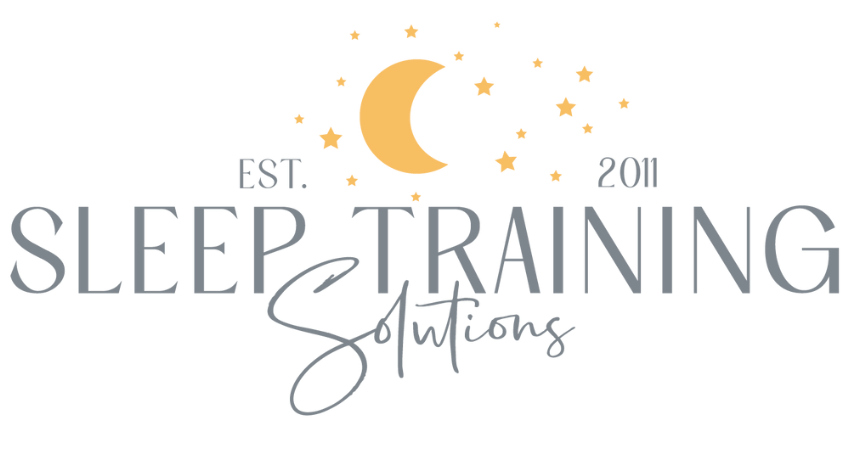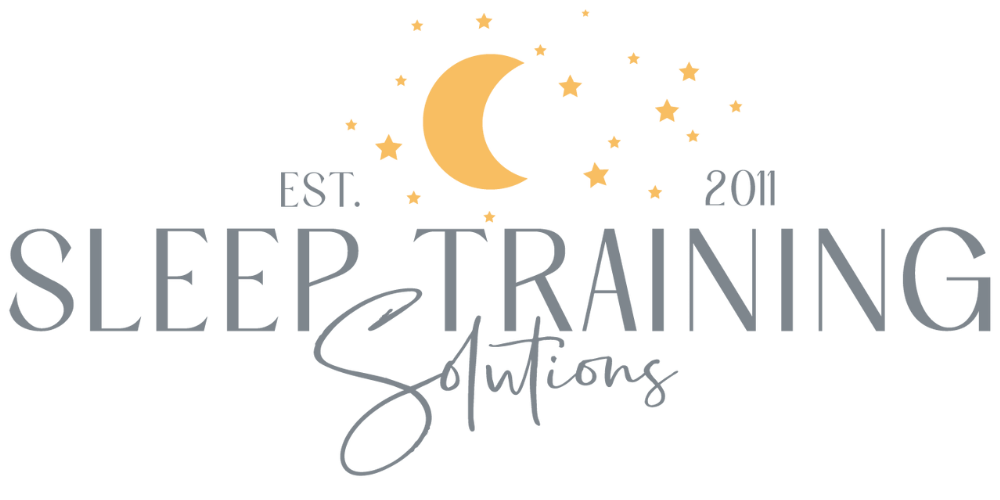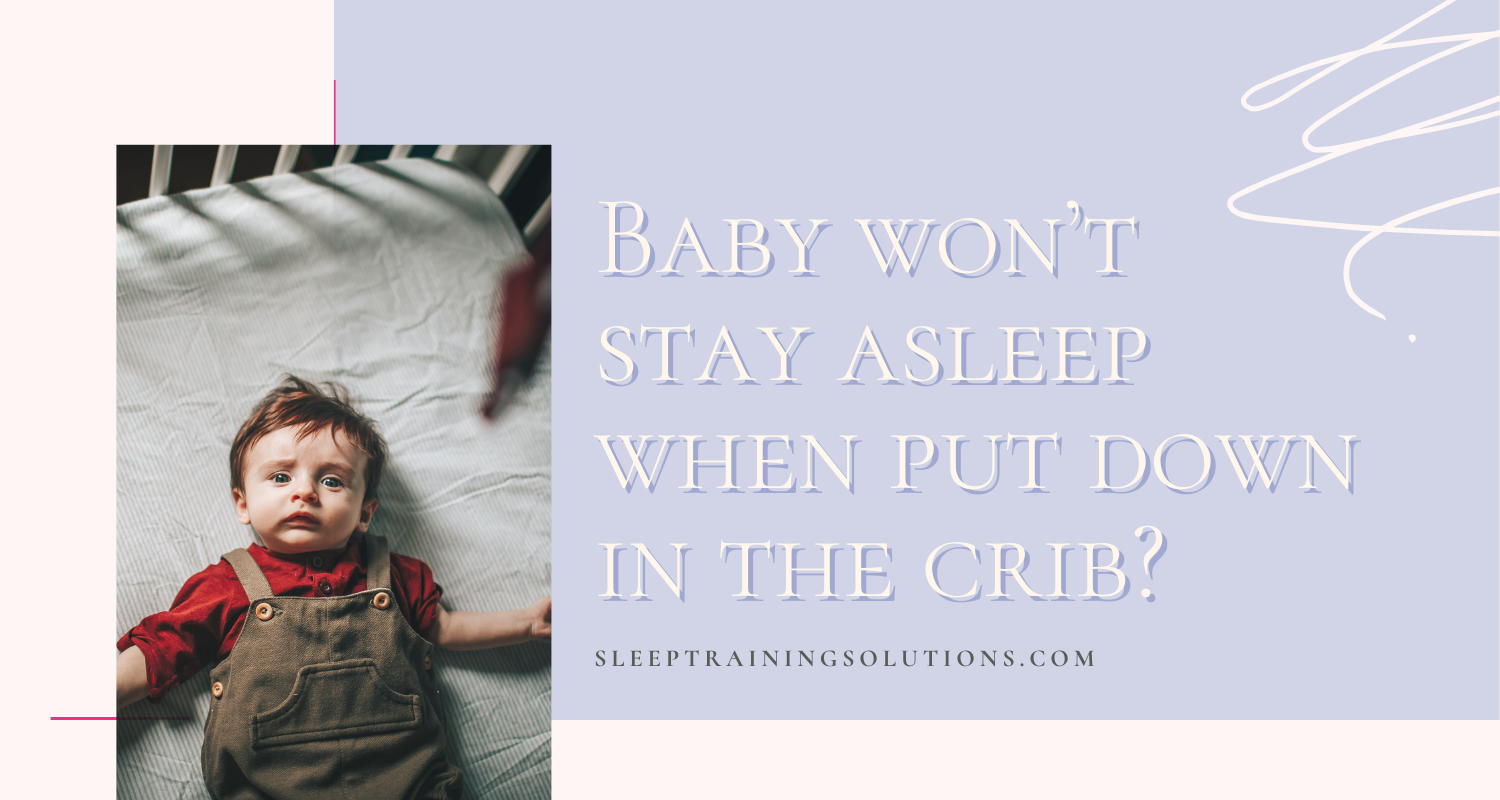When are babies ready to give up feeding at night?
Wondering when your baby will stop waking for the night feeds and start sleeping 10-12 hours at night?
There isn’t a black and white answer but from the pediatricians that I’ve talked with over the last several years, there is a general consensus that babies should be healthy (with any health concerns managed and under control), have doubled their birth weight and/or be at least 14lbs before considering weaning from night feeds.
Assuming the above criteria is true (and/or you’ve spoken with your pediatrician), and you’ve started putting your baby in the crib awake, removing sleep props and preventing overtiredness with well-timed naps and bedtime, there are three red flags I’ve seen that indicate readiness:
Waking more frequently at night and/or at different times during the night
Once you start sleep training, if your baby wakes once at the same time for a feed of more than a few ounces, he likely still needs the night feed.
If he starts waking more frequently looking for that feed, that shows that he knows he’s getting fed at least once…and will keep waking looking for it. If you have a goal of feeding once between 12-3am, he doesn’t have a watch on so he’ll keep waking wondering, “Is this the time I get fed?”
If he has a 4+ oz feed each night but one night he wakes at 12:30am, the next night it’s 4am, the next night it’s 2am, those sporadic wakeups show that he’s starting to get the hang of sleeping, but if he wakes up, he’s going to want you to put him back to sleep with the feed.
Only eating an ounce or two in the middle of the night
This shows me that he has a strong feed-sleep association and needs that milk fix to get back to drowsy or sleep. He’s basically just having a little snack to get to that drowsy state because he doesn’t think he can get back to sleep easily on his own. He’s using the milk as the vehicle to get back to sleep.
Taking a long time to fall back asleep after the middle of the night feed
If you feed in the middle of the night – hopefully not back into a deep sleep – and you lay him down in the crib and he can’t get himself back to sleep within 10-20 minutes, he was likely looking for that feed to do the trick and get him back to sleep with little to no effort. But keeping him from the milk coma, you’ve thwarted his plan!
Thinking about starting sleep training? Download your free PDF to help set you up for success!
Once your baby is ready to drop the night feeds, make sure to incorporate those middle of the night ounces into the daytime feeds. It’s important not to have a decrease in intake in a 24-hour period when a baby night weans! You’ll probably notice more productive day feeds once the night feeds are gone which will help ensure your baby is getting the right number of ounces throughout the day.
Remember, if you have questions about whether your baby is developmentally ready to give up the night feed or the number of ounces he should be consuming each day, please contact your pediatrician.
Once you and your pediatrician have made the decision that your baby is ready, remember that it can take 7-10 days once you stop the night feeds for the habit of waking in the middle of the night to go away. In the meantime, continue to use the method of sleep training that works for your baby’s temperament and your parenting style! If you need help figuring out what method would be best for your baby to help this process go more quickly and smoothly, click HERE!
Related Posts:
This post is for informational purposes only and may not be the best fit for you, your child and/or your personal situation. It shall not be construed as medical advice. The information and education provided here is not intended or implied to supplement or replace professional medical treatment, advice, and/or diagnosis. Always check with your child’s physician or medical professional before trying or implementing any information read here.






